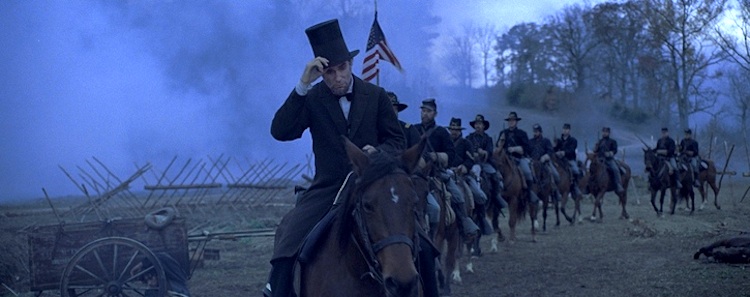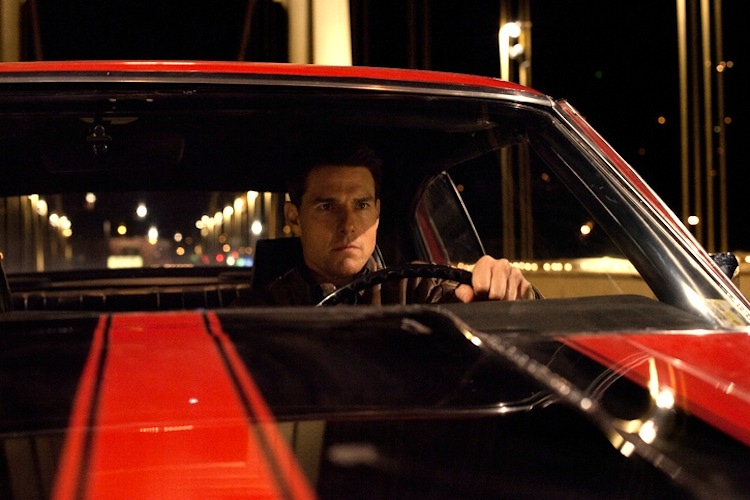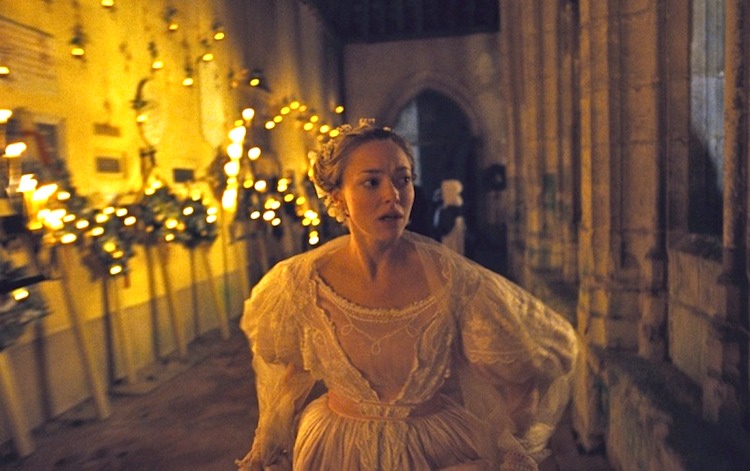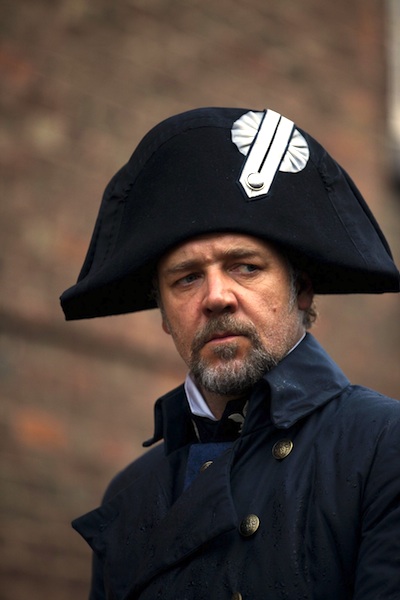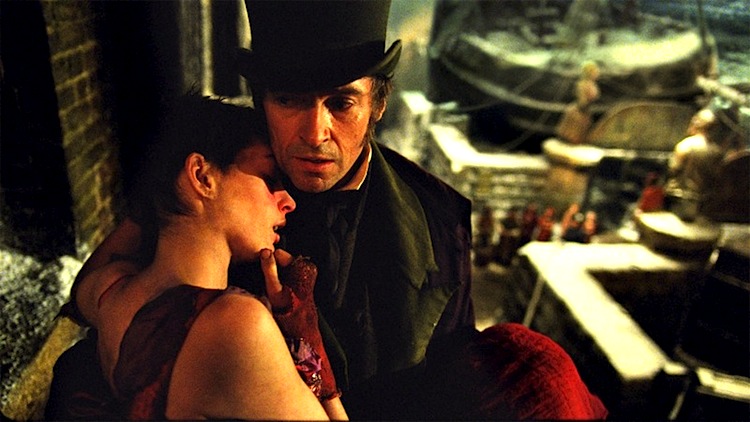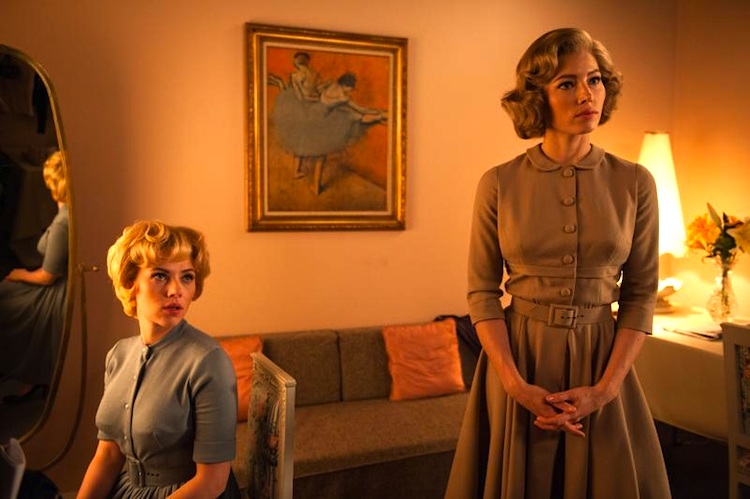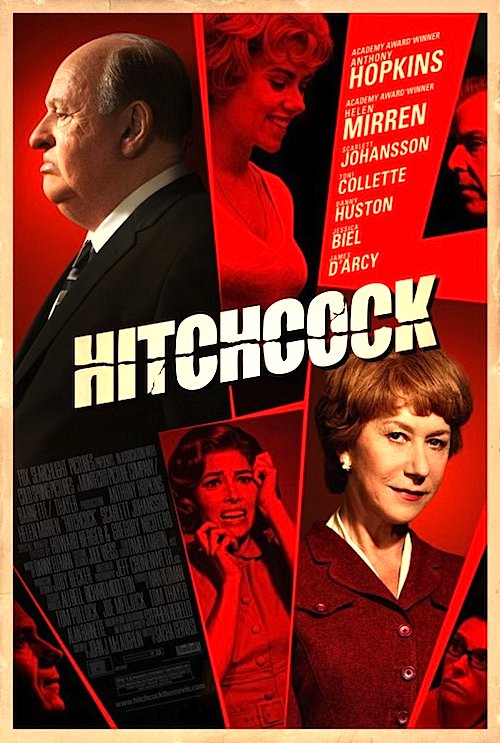[Editor’s Note: the post below appears today at The Huffington Post.]
By Jason Apuzzo & Govindini Murty. Freedom must thrive for the arts to flourish. It’s therefore an encouraging sign that so many of 2012’s most acclaimed films – such as Zero Dark Thirty, Lincoln, Les Misérables, or Skyfall – should explore the centrality of freedom to our civilization. As we celebrate 2012 in film, it’s fitting that we honor movies that affirm the very liberty that makes our art, our traditions of free speech, and our democratic form of government possible.
Whether depicting historical figures like Abraham Lincoln, or pop-culture icons like James Bond and Katniss Everdeen, or contemporary dissidents like China’s Ai Weiwei and Russia’s Masha Drokova, the movies below illustrate how freedom only survives when brave individuals are willing to risk their lives fighting for it. These films also depict the virtues that accompany such bravery: a strong individual conscience and empathetic feelings of responsibility toward one’s fellow human beings.
Many of this year’s best pro-freedom films also portray the bravery of women. In a refreshing development, movies like Zero Dark Thirty, Barbara, The Hunger Games, and Putin’s Kiss all feature complex, independent women as their leads – while Skyfall, in the character of “M” (Judi Dench), features a strong woman in a pivotal leadership role. This is another way in which these movies powerfully affirm the democratic spirit.
Here then are our ten best pro-freedom films of 2012:

1. Zero Dark Thirty
A taut and intense account of the almost ten year hunt for Osama bin Laden, director Kathryn Bigelow’s Zero Dark Thirty captures the emotional and ethical complexity of the War on Terror – while unfolding a vast, investigative mystery that takes audiences from secret CIA bases in Afghanistan, to the corridors of power in Washington D.C., to the urban mazes of Pakistan. Leading this historic manhunt is an indomitable young CIA analyst named Maya, played with steely resolve by Jessica Chastain, who for nearly a decade tracks down bin Laden’s courier on the way to locating the terrorist mastermind. Scrupulously non-partisan, Zero Dark Thirty gives primary credit for bin Laden’s demise not to any politician – but to sober career intelligence professionals as well as military personnel, a tragic number of whom gave their lives in pursuit of Al Qaeda’s leader. Telling their story with a refreshingly understated realism, Zero Dark Thirty honors these largely anonymous men and women who protect our freedom in an increasingly dangerous and chaotic world.
2. Barbara
Germany’s official Oscar entry and winner of the Silver Bear for Best Director (Christian Petzold) at the 2012 Berlin Film Festival, Barbara is the most compelling depiction since The Lives of Others of day-to-day life in a modern surveillance state – in this case the communist East Germany of the early 1980s. Nina Hoss gives a complex, Oscar-worthy performance as a pediatric surgeon whose desire to leave East Germany puts her under the watchful eye of the Stasi (the secret police), and of a conflicted, would-be lover played by Ronald Zehrfeld. Austere and suspenseful, Barbara is one Germany’s best dramas since the 1970s, and an indictment of any society in which allegiance to a political system overwhelms common humanity.
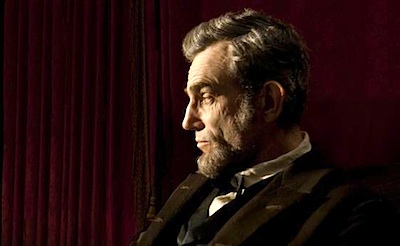
3. Lincoln
Director Steven Spielberg’s Lincoln brings the story of The Great Emancipator to life in a way that is both respectful of our 16th President’s achievements and alive to his humanity. In perhaps the richest depiction of Abraham Lincoln since Henry Fonda’s in John Ford’s Young Mr. Lincoln (1939), Daniel Day-Lewis brings warmth, interiority and conviction to a man charged with the weightiest responsibilities in American history – as both slavery and the fate of the Union hang in the balance. Lincoln also highlights the value of eloquence in free societies; in recounting the sometimes baroque political backstory behind passage of the Thirteenth Amendment, Spielberg suggests that it was Lincoln’s poetic oratory as much as any other factor that ended slavery in America for good.
4. The Other Dream Team
One of the best sports documentaries in recent years, and a highlight of the 2012 Sundance Film Festival, director Marius A. Markevičius’ The Other Dream Team tells the emotional story of the 1992 Lithuanian Olympic basketball team – a symbol of freedom and Lithuanian national pride after decades of Soviet rule. The film tells the improbable tale of how Lithuanian basketball talents like future NBA stars Arvydas Sabonis and Šarūnas Marčiulionis came to dominate Soviet basketball in the 1980s (even defeating Team USA in the 1988 Olympics) – only to face off against Russia in the ’92 Barcelona Games, wearing tie dyed uniforms provided by The Grateful Dead (!), after Lithuania had just won its hard-fought independence. A moving and uplifting piece of Cold War history, The Other Dream Team is as much a tribute to the courage of the Lithuanian people in the face of communist tyranny as it is to the inspirational power of sports.

5. Skyfall
One of the best James Bond thrillers since the 1970s, director Sam Mendes’ Skyfall reinvents 007 as a hero for the War on Terror era – and thoughtfully affirms the value of our intelligence agencies in the post-9/11 world. In Skyfall, information pertaining to NATO penetration of worldwide Islamic terror cells has been stolen in Istanbul, and Bond must retrieve the data before Western agents are exposed and killed – the opening act of an elaborate revenge plot orchestrated by the sociopathic Raoul Silva (Javier Bardem). In a film rife with references to Winston Churchill and his legacy, Bond and his colleagues are depicted as reflexively selfless in the cause of freedom – and Dame Judi Dench’s quotation of Tennyson’s poem “Ulysses,” as both she and Britain come under attack, packs an unusually stirring punch for a Bond film. Continue reading LFM’s Jason Apuzzo & Govindini Murty at The Huffington Post: Courage & Individual Conscience: The Top 10 Pro-Freedom Films of 2012
